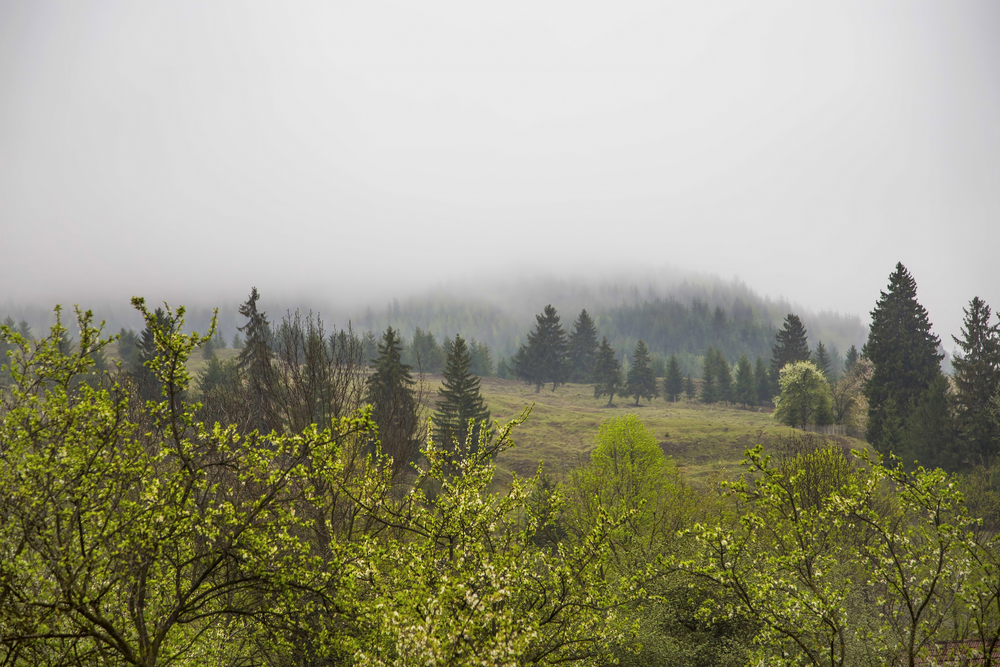Rainstorms can provide a visually stunning addition to a landscape photography outing, but the last thing you want to do is let your gear get wet. The good news is that you can still shoot in inclement weather if you take the proper precautions. Be sure not to take any unnecessary risks; if it’s raining at all, you need to protect your landscape photography equipment and yourself.
Be Aware of Your Gear’s Weather Sealing
One of the major differences between a professional DSLR and one that’s intended for hobbyists is the amount of weather sealing that’s included in the camera body. In other words, cameras that are more expensive are typically less likely to be damaged by exposure to a small amount of rain. However, you should make sure that you are fully aware of your camera body’s limits by checking the user’s manual.
Buy a Rain Cover for Your Landscape Photography Equipment Bag
Putting your landscape photography equipment in a camera bag before heading outside isn’t always enough to keep everything dry. Therefore, it’s highly recommended to invest in a rain cover. Simply place the cover over your bag whenever it’s raining. It’s also wise to utilize a rain cover when inclement weather is in the forecast. This can help you avoid damage from a sudden rainstorm. An alternative to a rain cover, and one that I uses, is a 30 gallon heavy duty trash bag (Kirkland is my favorite). Additionally, these are quite good for also spreading on the ground when it is wet or muddy to keep yourself drier and cleaner.
Use a Rain Jacket for Shooting
Are you planning to take photos outside when it’s raining or snowing heavily? Put the camera body and lens into a rain jacket to keep it safe. This is highly advisable even for professional DSLRs that have extensive weather sealing. There are several types of rain jackets to choose from, including some for budget photographers. Most people prefer shooting with a rain jacket that includes a sleeve for their right hand.
A Lens Hood Protects Your Lens
Your camera body can probably withstand a light rainstorm, but your lens is another story. If you want to be able to keep shooting, you’ll need to put a lens hood on to help keep rain drops away from the lens and the front of your camera body. Be sure you choose a solid lens hood instead of one with a flower petal shape in order to receive the best possible results. Also, be sure to put the lens cap on between shots to keep moisture from getting on the lens.
Take Your Landscape Photography to the Next Level
Professional landscape photographer Jim Steinberg offers numerous workshops and photo tours to help people of all skill levels. His next workshop will be held at Rocky Mountain National Park. Head to our homepage to reserve your slot!

